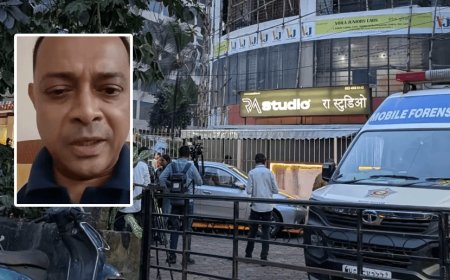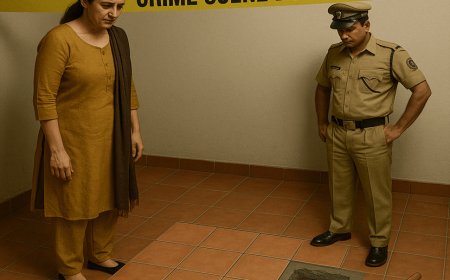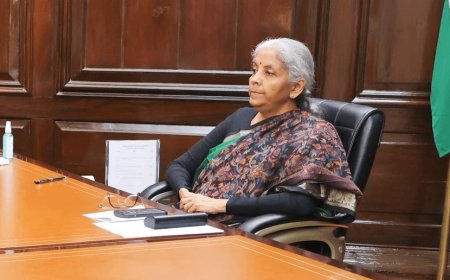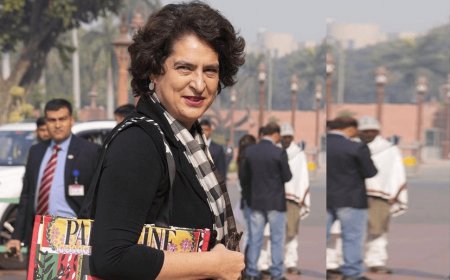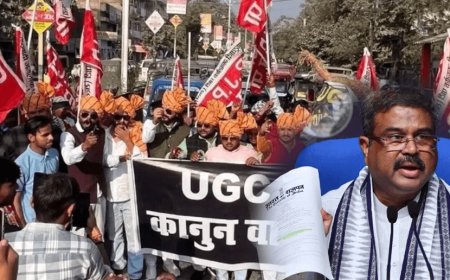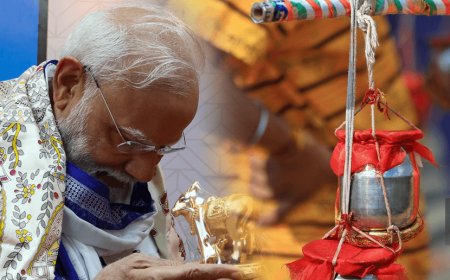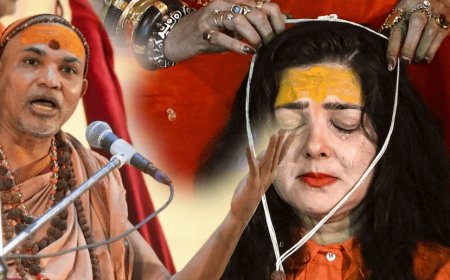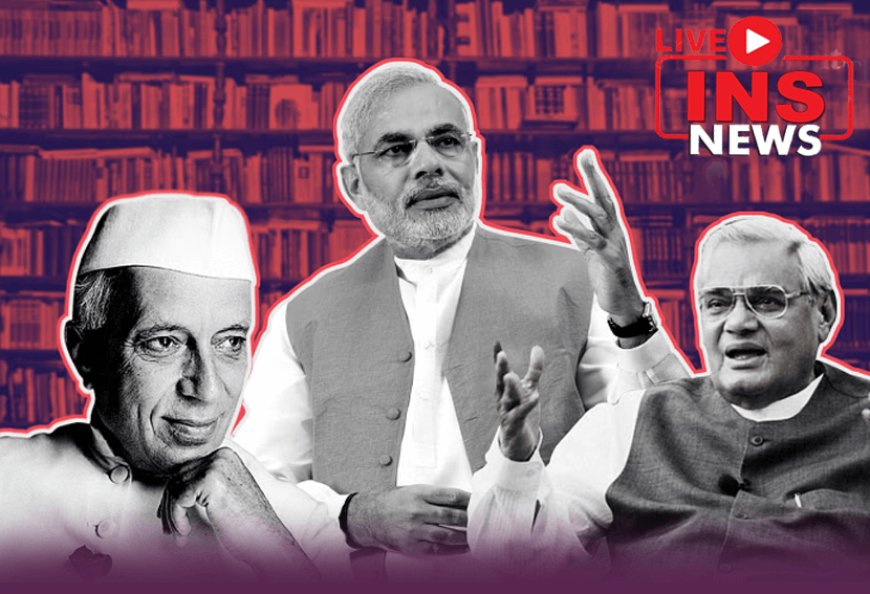Innocent people who are kept in jail for a long time should be compensated upon release! Supreme Court
The court said the prolonged detention of a wrongfully convicted person is violative of his right to life and personal liberty under Article 21 of the Constitution, making him entitled to compensation, though the basis for such compensation may vary in different courts. Recently, another bench of the Supreme Court had also opined that a case of acquittal could give rise to a claim for compensation for wrongful confinement.
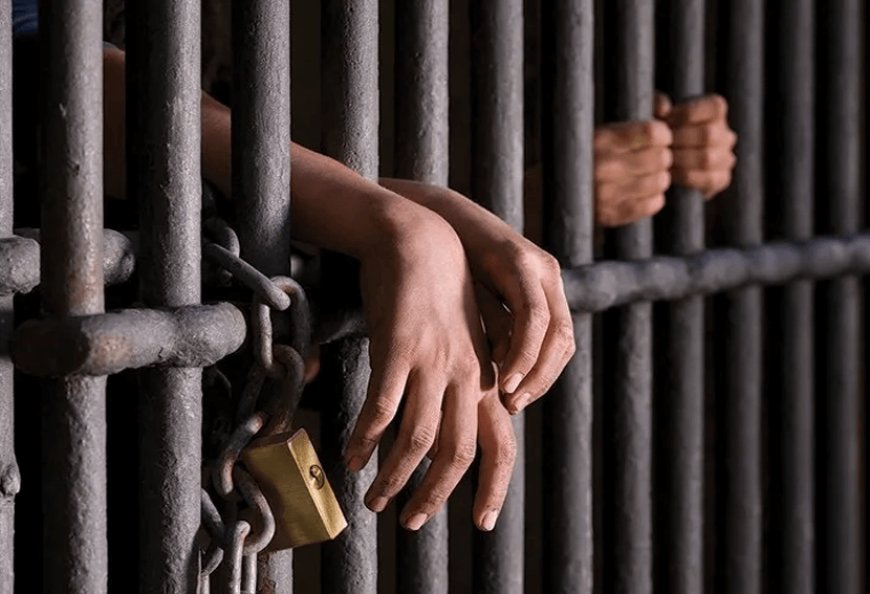
In a landmark judgment, the Supreme Court on Wednesday said that if someone is wrongfully kept in jail for a long time, then there is a need to make a law to compensate him. The court said it was for Parliament to take a decision on the issue. What did the court say in its ruling?
The Supreme Court made this observation in its July 15 verdict acquitting a death row convict who had been wrongfully imprisoned for a long time. A bench of Justices Vikram Nath, Sanjay Karol and Sandeep Mehta said that unlike the US, India lacks laws to compensate those wrongfully imprisoned. The judgment authored by Justice Karol said that in foreign jurisdictions like the United States, upon acquittal after a long period of incarceration, the courts have directed the states to compensate those who were suffering behind bars but were eventually found to be innocent. This right to compensation is recognized by both federal and state laws. There are two ways to claim compensation. tort claims / civil rights suits / claims of moral obligation and, statutory claims. The bench said the issue was dealt with in the 277th report of the Law Commission of India, but its understanding of "wrongful prosecution" was limited only to mala fide prosecution, and the prosecution started without goodwill, without directly dealing with the situation of wrongful confinement. The court said the prolonged detention of a wrongfully convicted person is violative of his right to life and personal liberty under Article 21 of the Constitution, making him entitled to compensation, though the basis for such compensation may vary in different courts. Recently, another bench of the Supreme Court had also opined that a case of acquittal could give rise to a claim for compensation for wrongful confinement.
What's Your Reaction?







